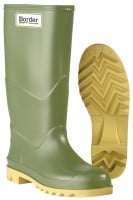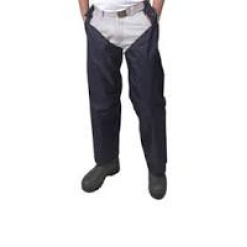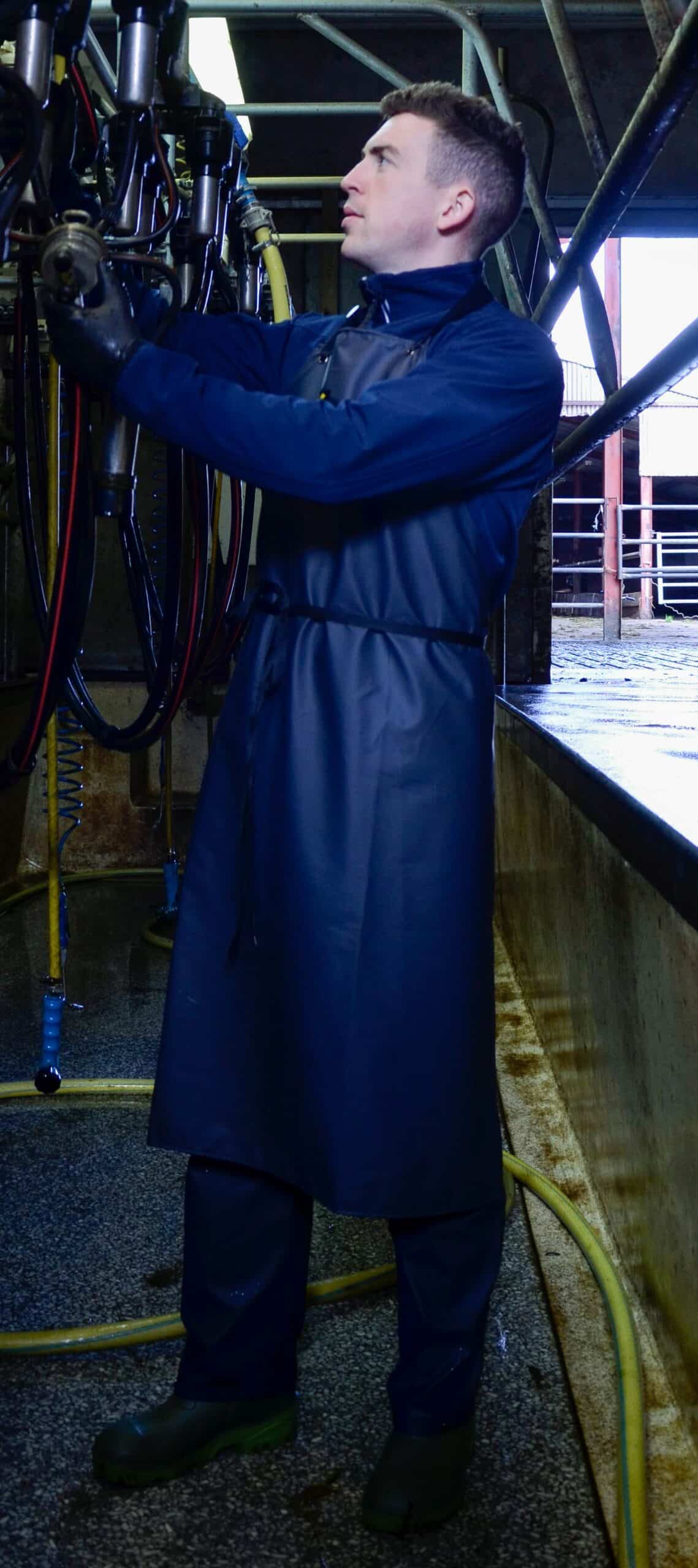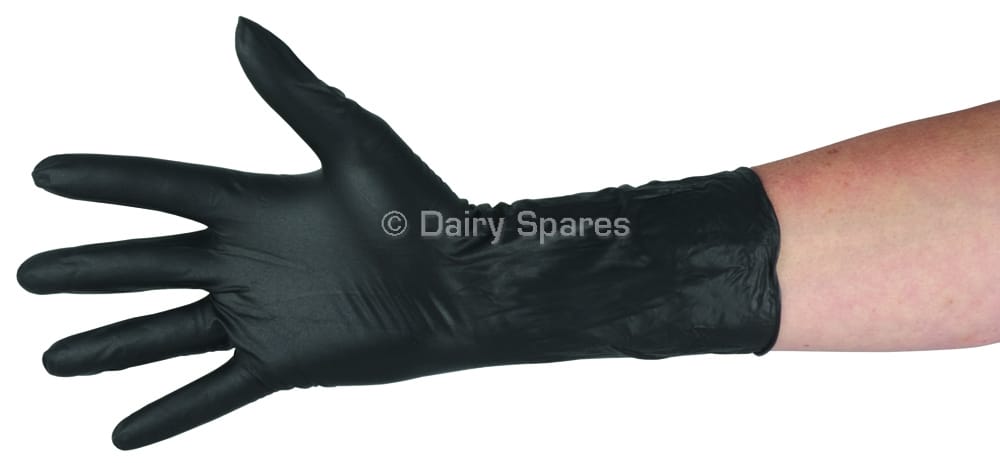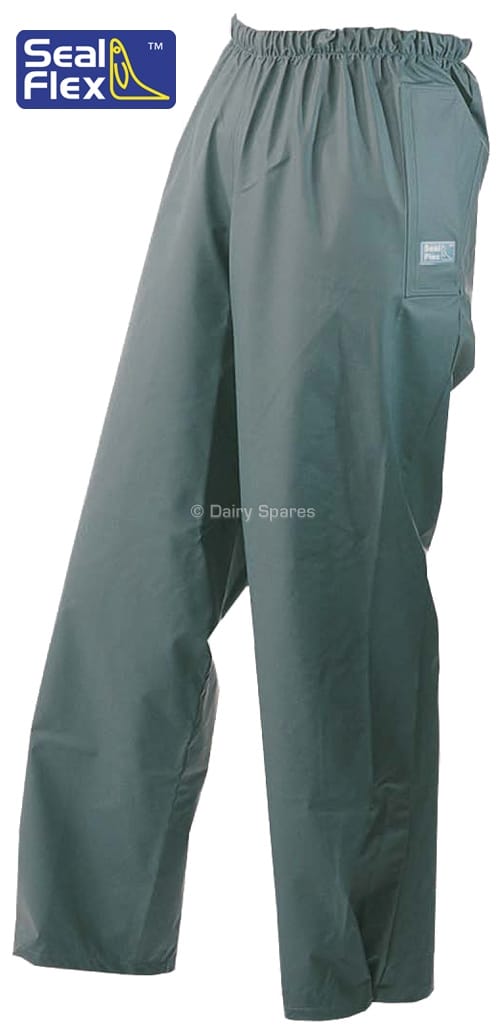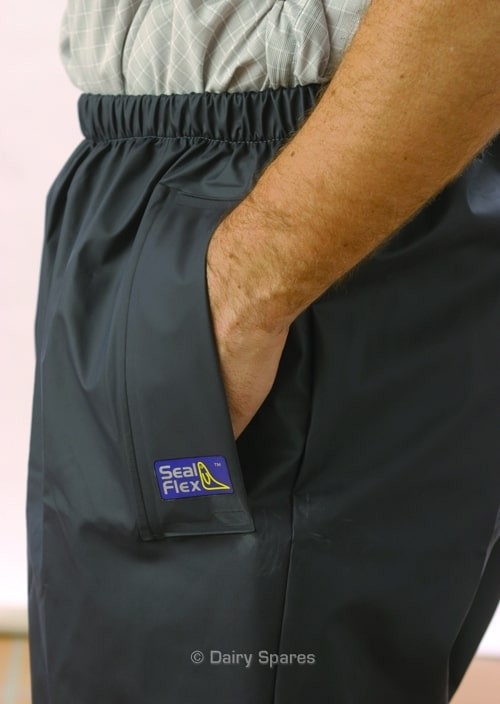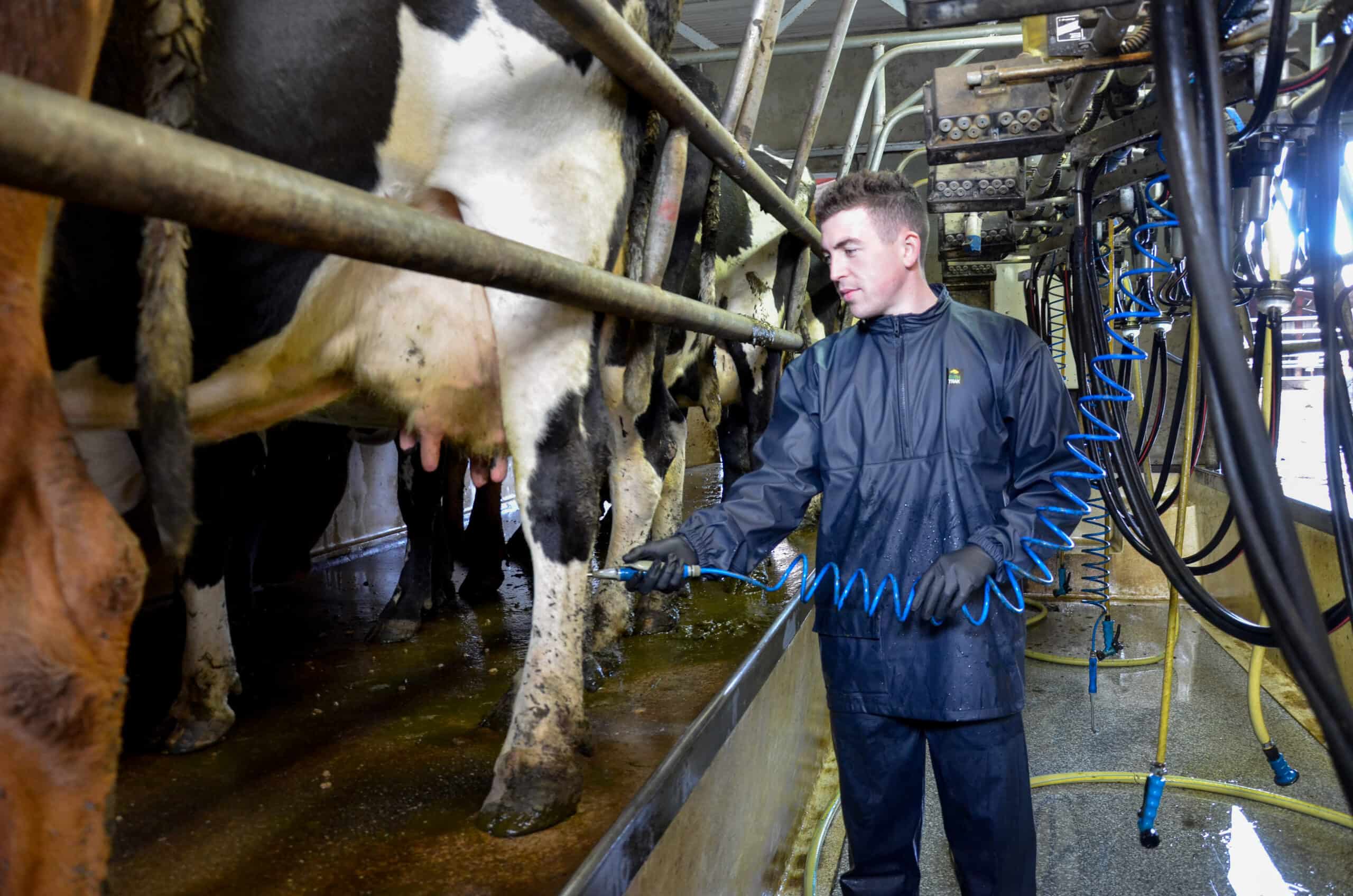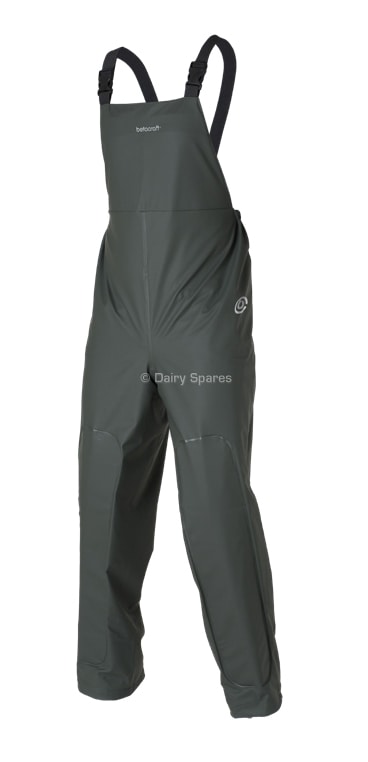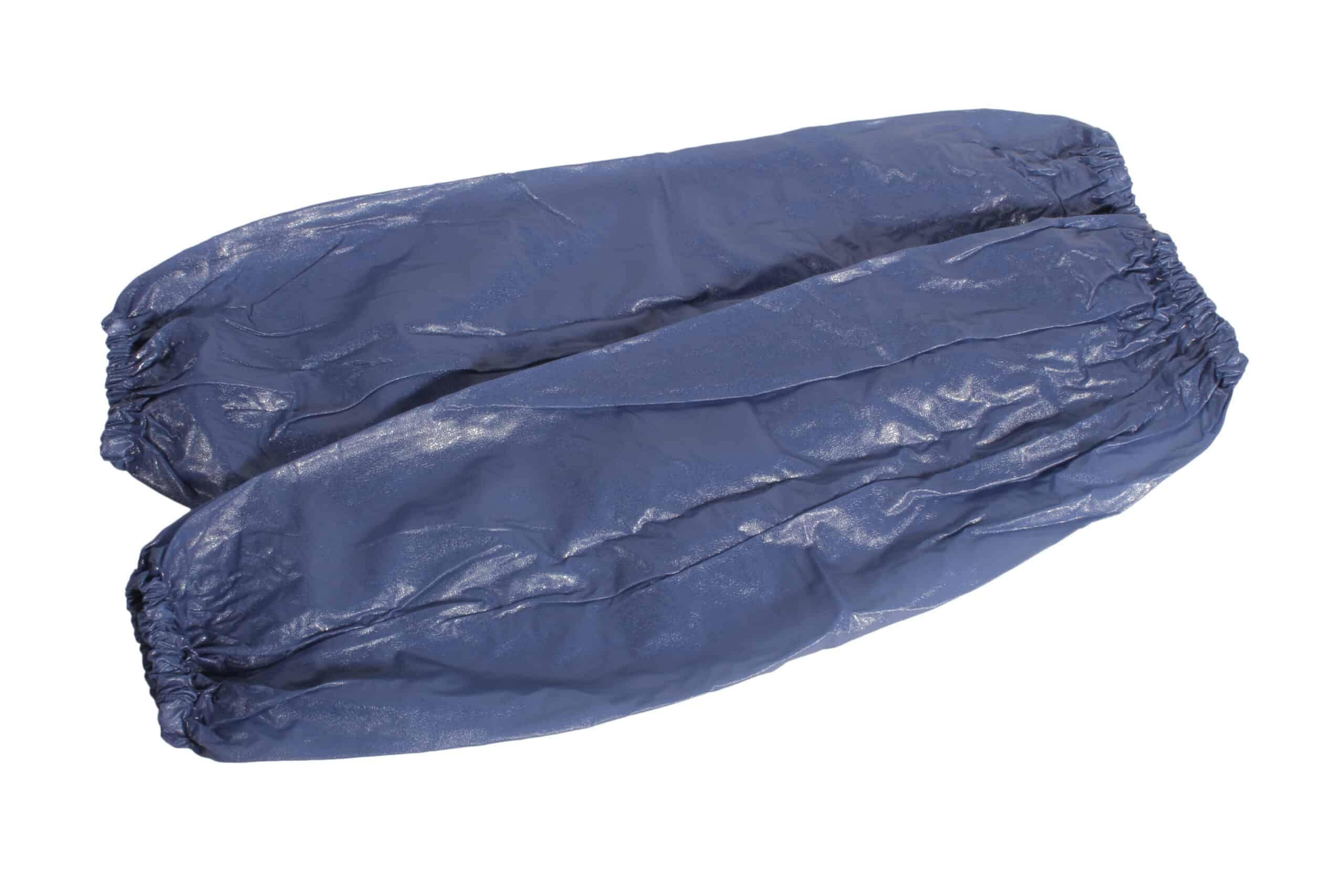Border challenger Wellington boots
€60.98 ex.VAT | €75.00 inc.VAT
- Made in Europe
- Conforms to CE347 Standard
- Unique deep cleated sole for extra slip-resistant grip
Wellington Boots – A new wellington boot that’s ideal for farm work has been introduced into the Border range and is available through Farm and Dairy Spares.
-Called Challenger, the new boot is made of flexible but tough polyurethane, and has an anti-slip sole. The boots are very light in weight, and will keep feet warm down to temperatures of -30C!
-Their ability to resist corrosion from chemicals means they can last three times longer than conventional PVC rubber boots.
-A full safety boot with steel toe cap and mid-sole moulded smoothly into the boot is also available, and is lighter than many non-safety boots.
-The unique design of the Challenger includes an ankle support, and the presence of an innovative tab above the heel makes it easier to take off. The tyre tread design on the sole allows easy cleaning and provides good grip, especially on concrete flooring.
Wellington boots are a staple footwear choice for farmers due to their durability, waterproofing, and versatility. Here are some obvious practical reasons why wellington boots are commonly used by farmers:
- Waterproof protection: Wellington boots are designed to keep feet dry in wet and muddy conditions. They provide a waterproof barrier, allowing farmers to work in damp environments, such as fields, barns, or during rainy weather, without worrying about getting their feet wet or muddy.
- Mud and manure resistance: Farming often involves working in muddy and messy areas. Wellington boots have high shafts that cover the calves, providing protection against splashes, mud, and animal waste. They are easy to clean and can be rinsed off quickly after working in dirty conditions.
- Safety from hazards: Wellington boots offer a layer of protection against various farm hazards. They can shield the feet from sharp objects like rocks, tools, or equipment that may be scattered on the ground. Additionally, they provide some insulation against electrical hazards when working near electrical equipment or in wet environments.
- Comfort and support: Many wellington boots have cushioned insoles and ergonomic designs, offering comfort and support for long hours of farm work. They often have sturdy outsoles with good traction, which helps prevent slips and falls on uneven or slippery surfaces.
- Chemical resistance: Wellington boots made from chemical-resistant materials can be used when handling fertilizers, pesticides, or cleaning agents. They provide a barrier against these substances and minimize the risk of skin contact or absorption.
- Versatility: Wellington boots are not limited to farm work alone. They are suitable for various agricultural tasks, including gardening, landscaping, and other outdoor activities. Their versatility makes them a practical choice for farmers who may need to switch between different tasks throughout the day.
When choosing wellington boots, it’s important to select a size that fits well and provides proper arch support. Additionally, look for boots made from high-quality materials for durability and consider features like steel toe boots or reinforced shanks if there is a need for additional foot protection.


